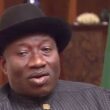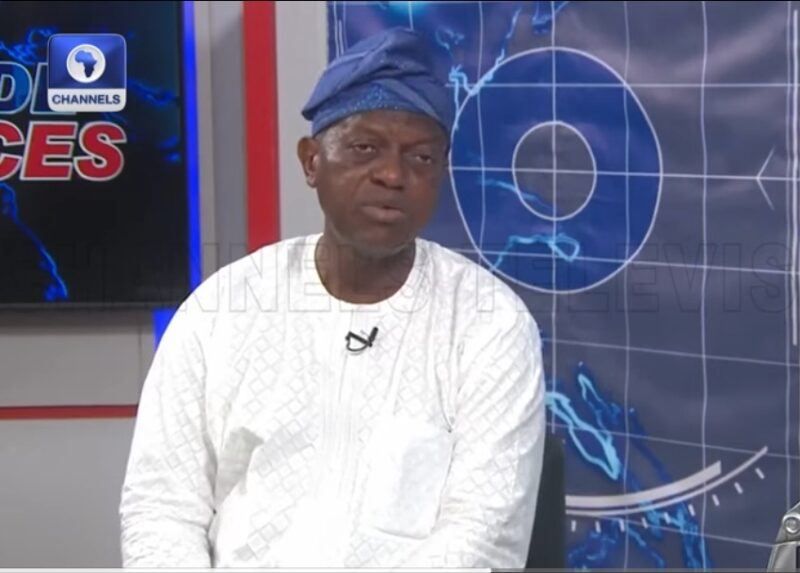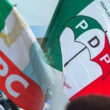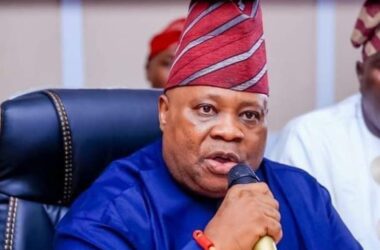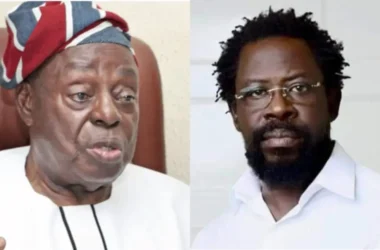Dr. Wale Oyediran, former House of Representatives member and CEO of the Pan-African Writers Association, has expressed strong reservations about the economic impact of the fuel subsidy removal implemented by President Bola Tinubu’s administration.
In an interview on Inside Sources with Laolu Akande on Channels TV, Dr. Oyediran stated that the decision to remove the fuel subsidy had a profound negative effect on Nigeria’s economy and the well-being of its citizens, particularly in the short term.
Dr. Oyediran was candid about the challenges facing Nigeria, citing the country’s economic potential and resources as a stark contrast to the widespread issues of poverty, poor infrastructure, and insecurity that continue to undermine national progress. “Nigeria still remains among the top five strongest economies in Africa, but we are not where we ought to be,” he remarked, reflecting on the country’s declining economic stature despite its vast resources.
The former lawmaker emphasized that while the country remains a powerhouse in Africa with the largest economy on the continent and a population advantage, the inability to effectively harness these advantages has left Nigeria struggling in several key areas, especially power supply. He pointed out that nations like Ghana, which have relatively stable electricity, are able to use power to drive their economy forward, even for small-scale businesses. In contrast, the erratic power supply in Nigeria has stifled local businesses and exacerbated security concerns, given that street lights are often out, leaving certain areas in darkness.
However, Dr. Oyediran placed much of the blame on the government’s economic approach, especially the fuel subsidy removal, which he believes has worsened the plight of ordinary Nigerians.
“The decision to take care of the, I mean, the decision to increase the fuel price. Subsidy removal, yes. That was one. And because we know that fuel is required for almost everything we need.So that subsidy removal was the first thing that really knocked us down. Whatever the economists may say, has a long-term benefit,” he noted.
He also attributed Nigeria’s economic struggles to the continued prevalence of corruption, which he claims siphons off a significant portion of national resources. “It’s estimated that up to 30% of our national income is lost to corruption,” Dr. Oyediran said. He shared a personal anecdote where, during his trip to Abuja, a driver pointed out that many of the luxurious buildings in the Guzape area were built with public funds, illustrating how corruption continues to erode Nigeria’s wealth. According to him, the perception of widespread corruption is compounded by the fact that citizens often feel cheated by a system that fails to deliver essential services, such as stable power.
Dr. Oyediran further lamented the degradation of the public’s sense of humanity in the face of pervasive economic hardships. He described his experience at the airport, where, at almost every corner, people tried to solicit something from him, underscoring the desperate conditions many Nigerians face as they struggle to make ends meet.
“So it’s such a depressing. I’m not saying that poverty is limited to Nigeria. I mean, when I travel to West Africa and East Africa, I see a lot of poverty around. But for me, Nigeria, with our substantial resources, we shouldn’t be in this class,” he noted.


